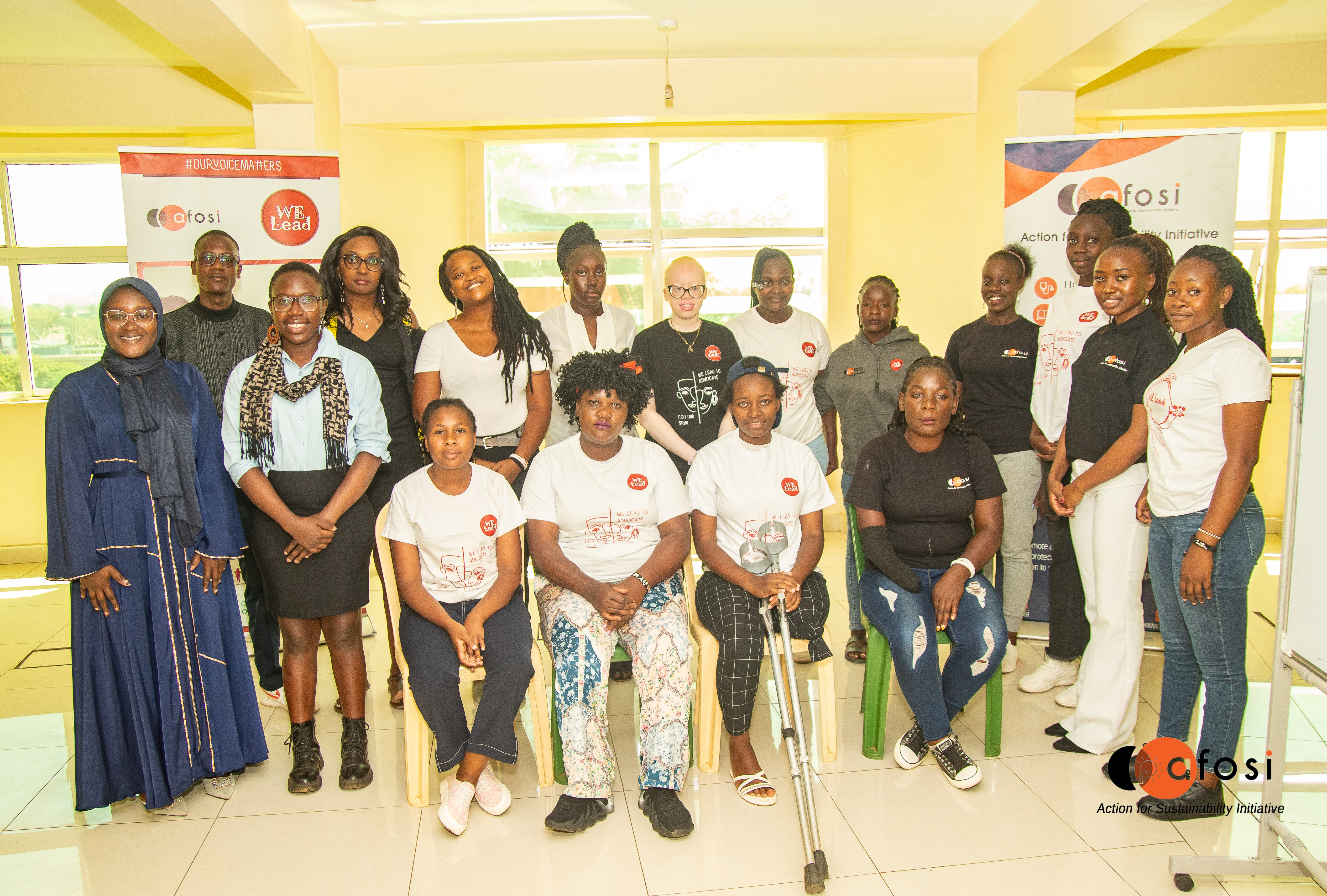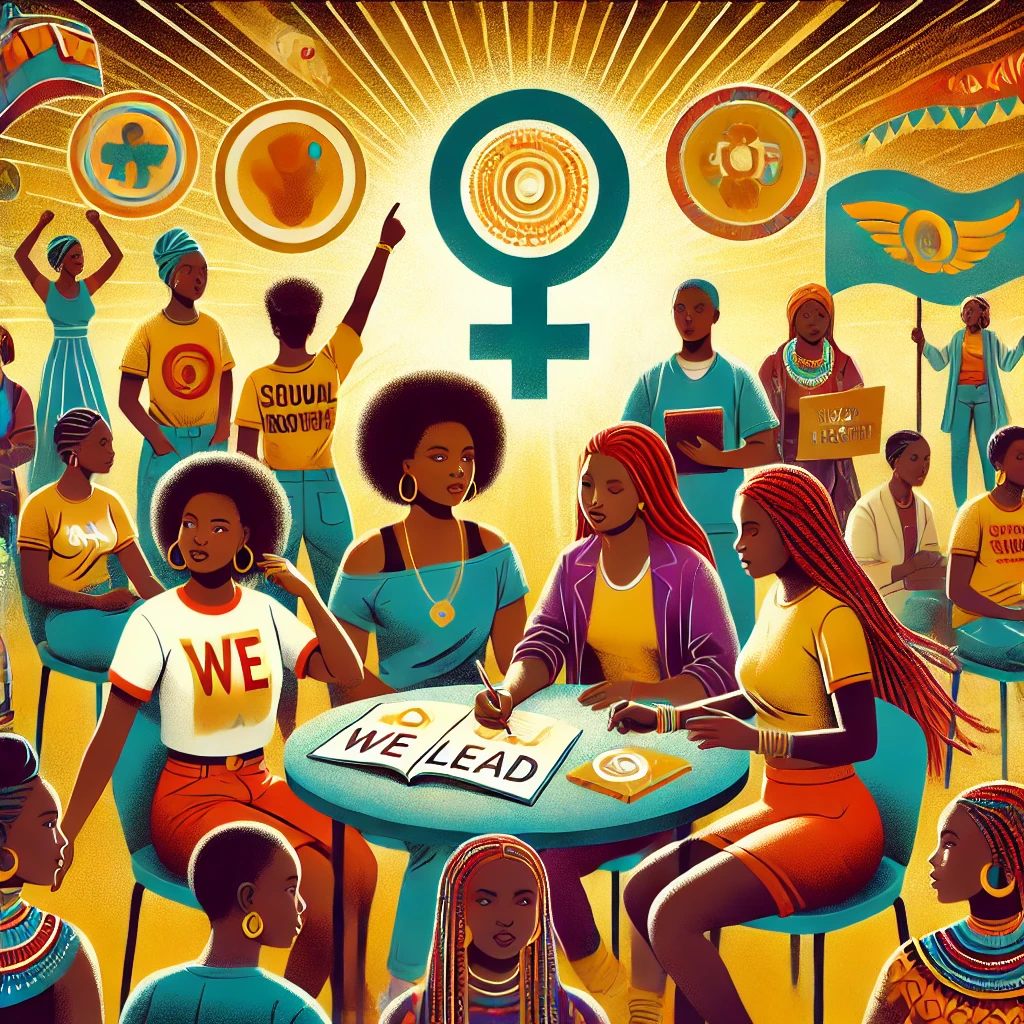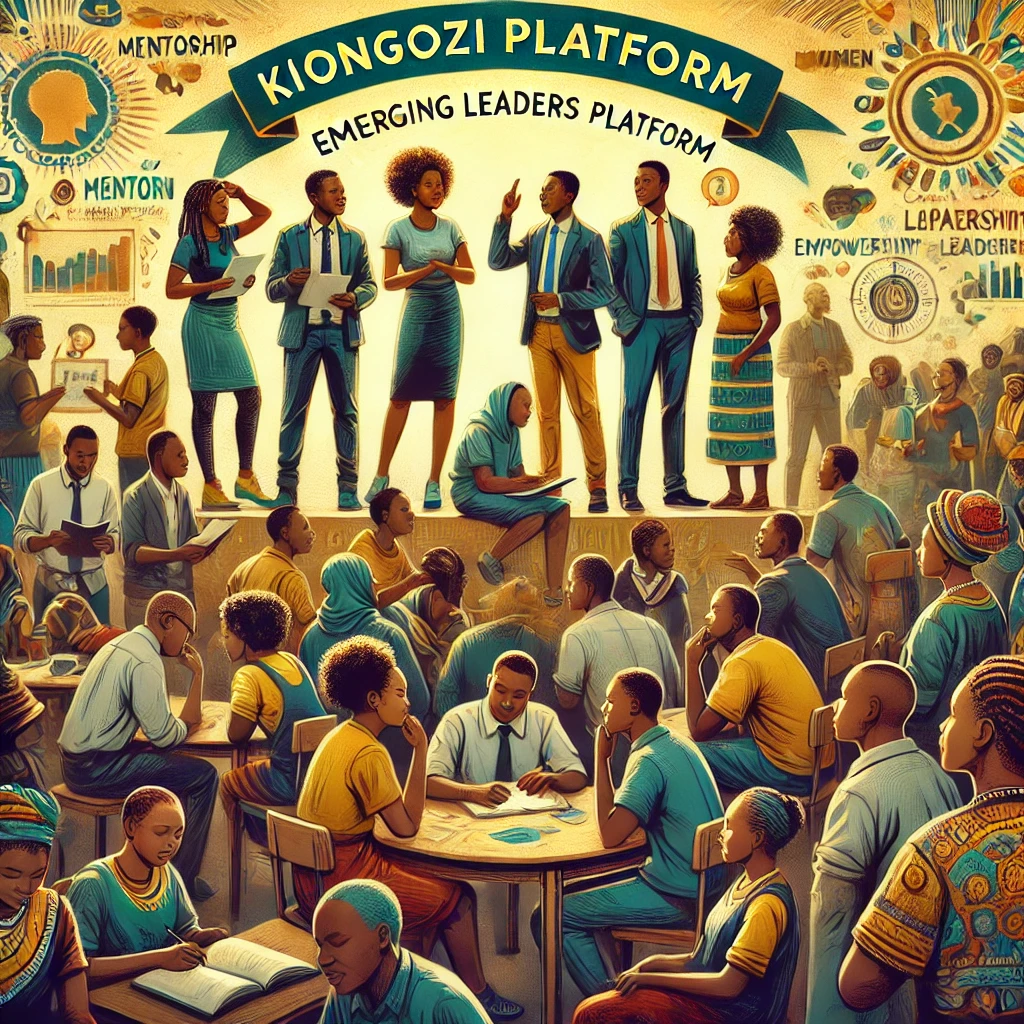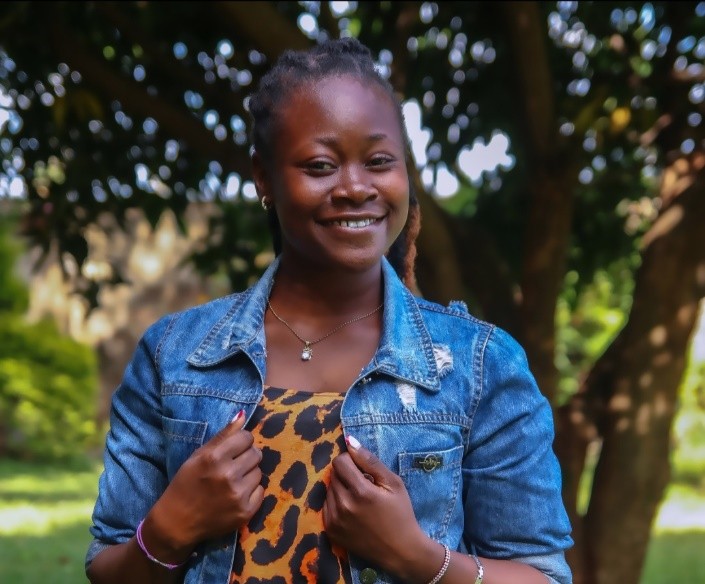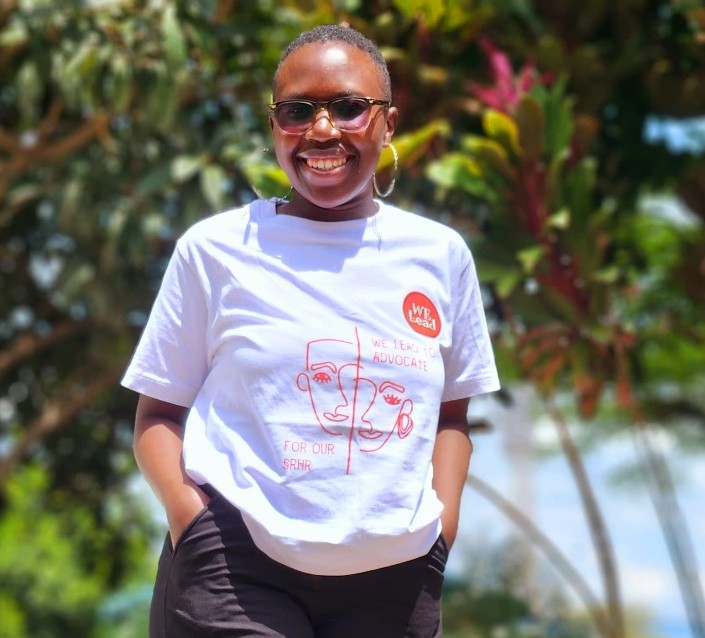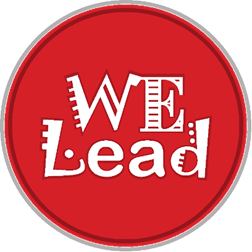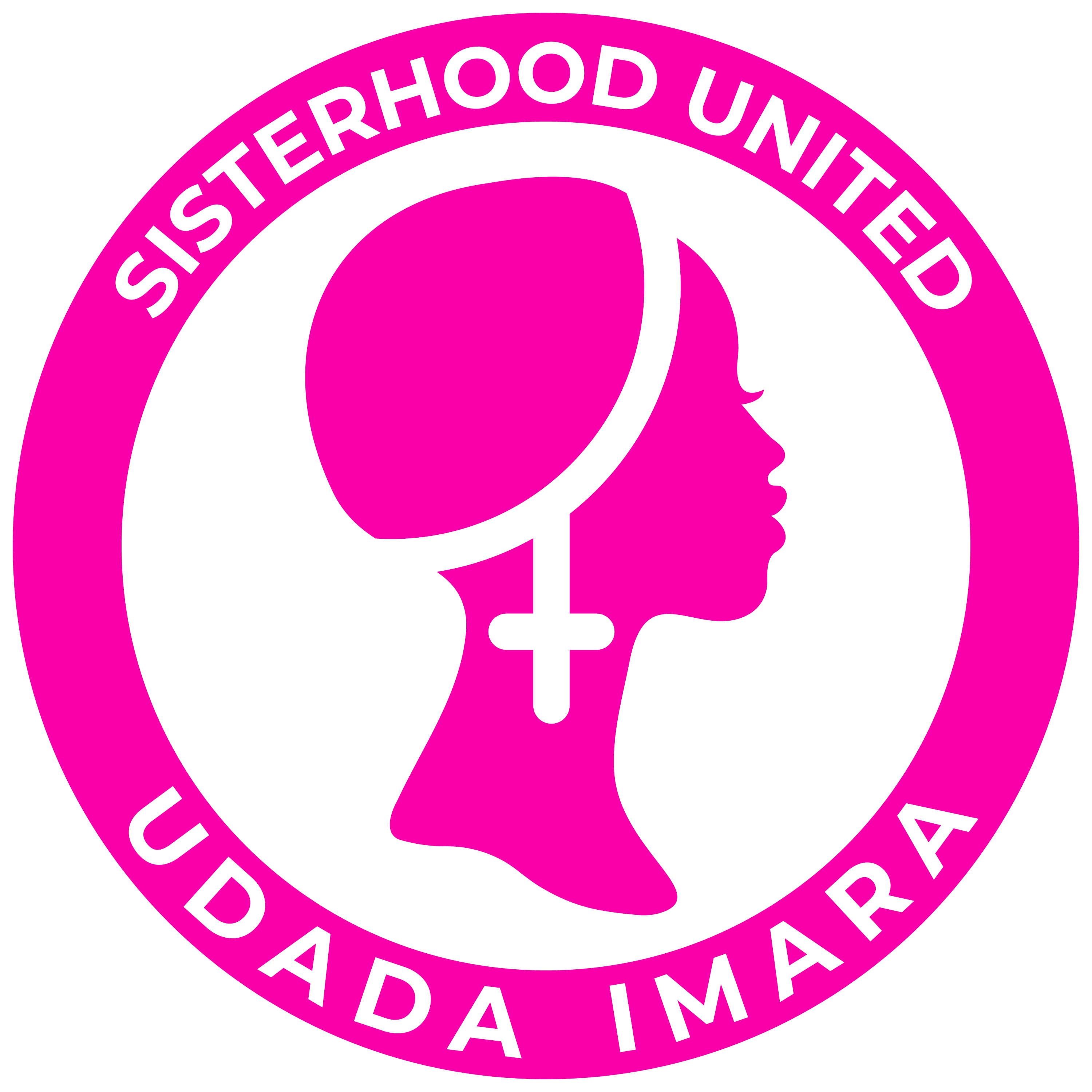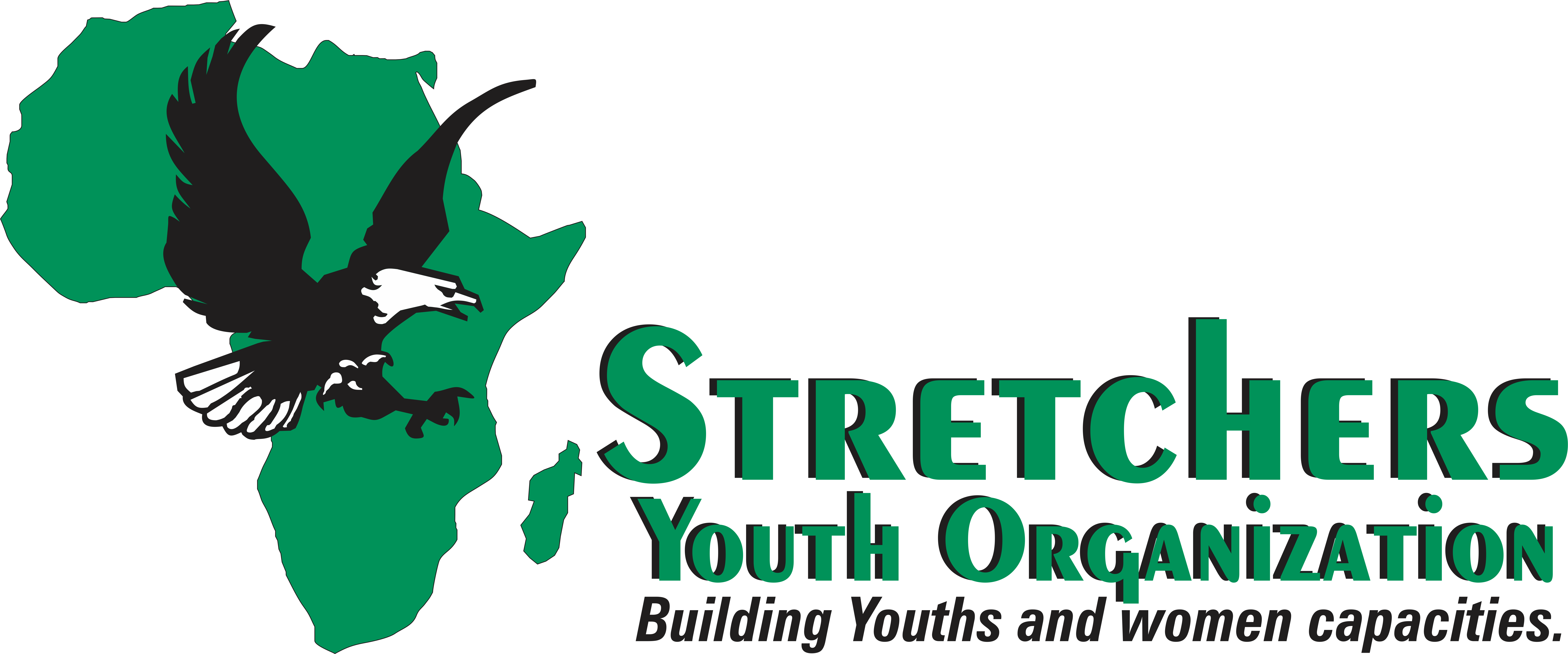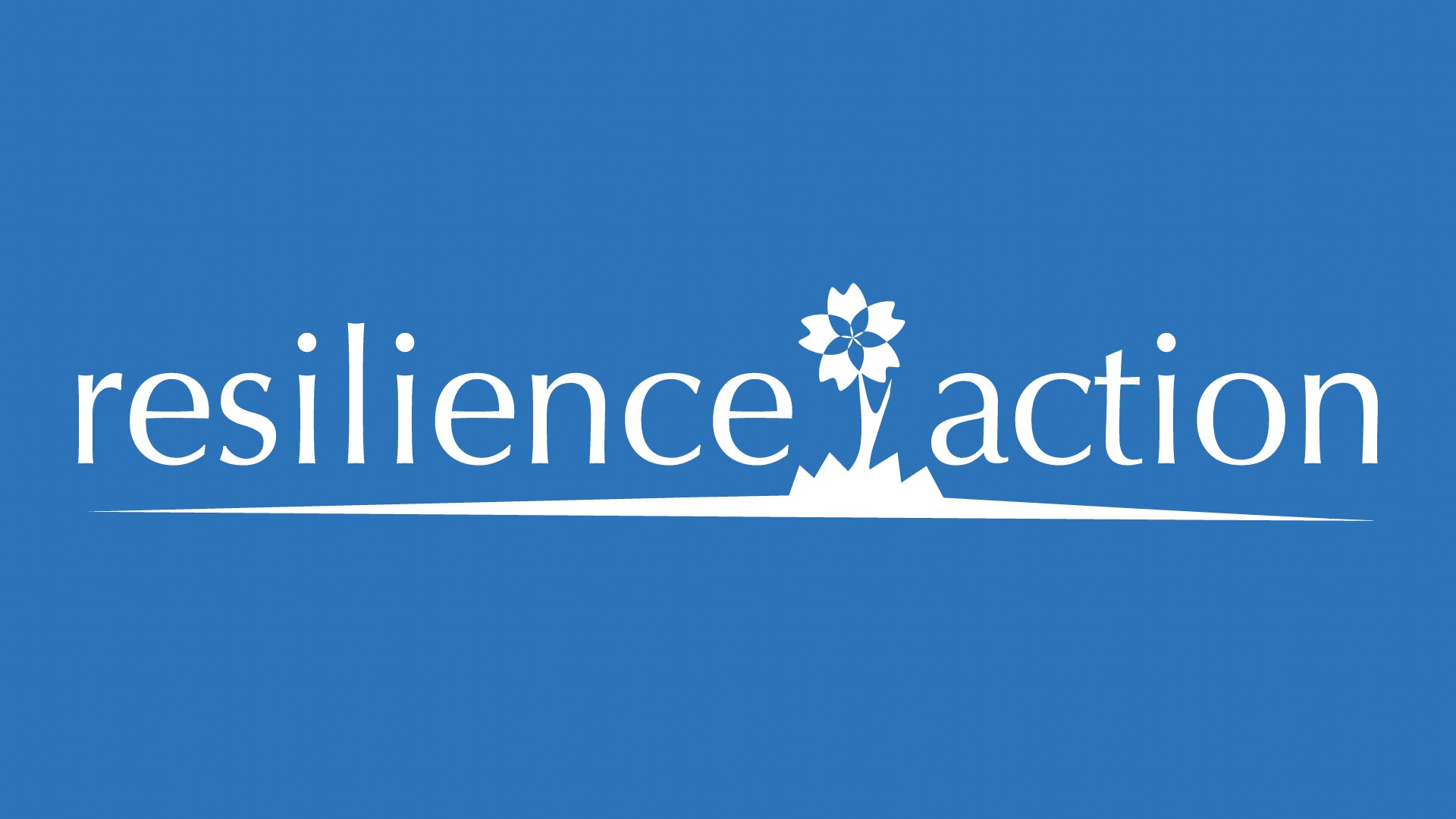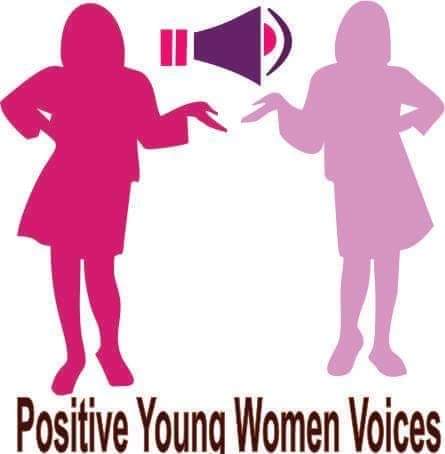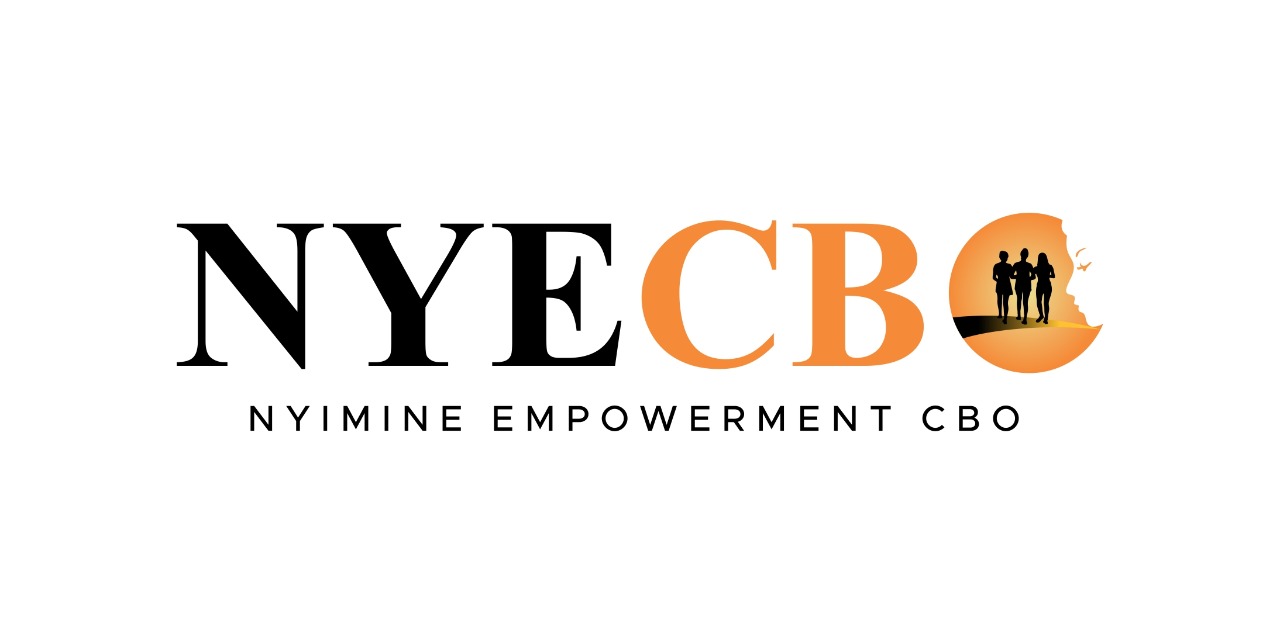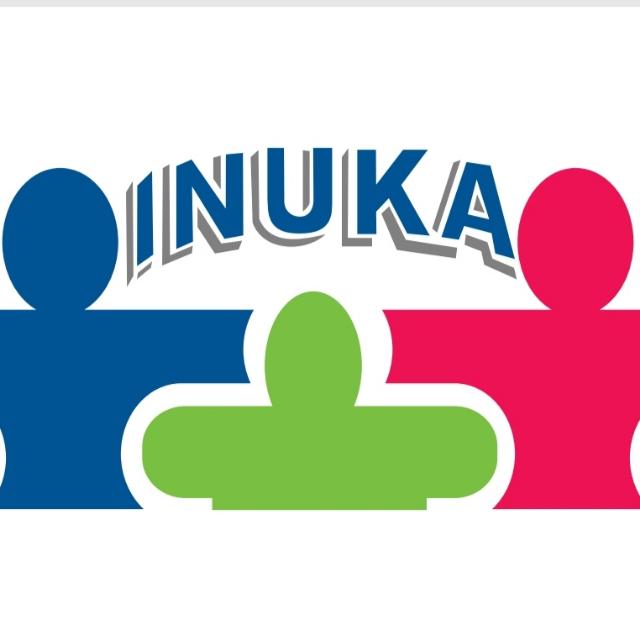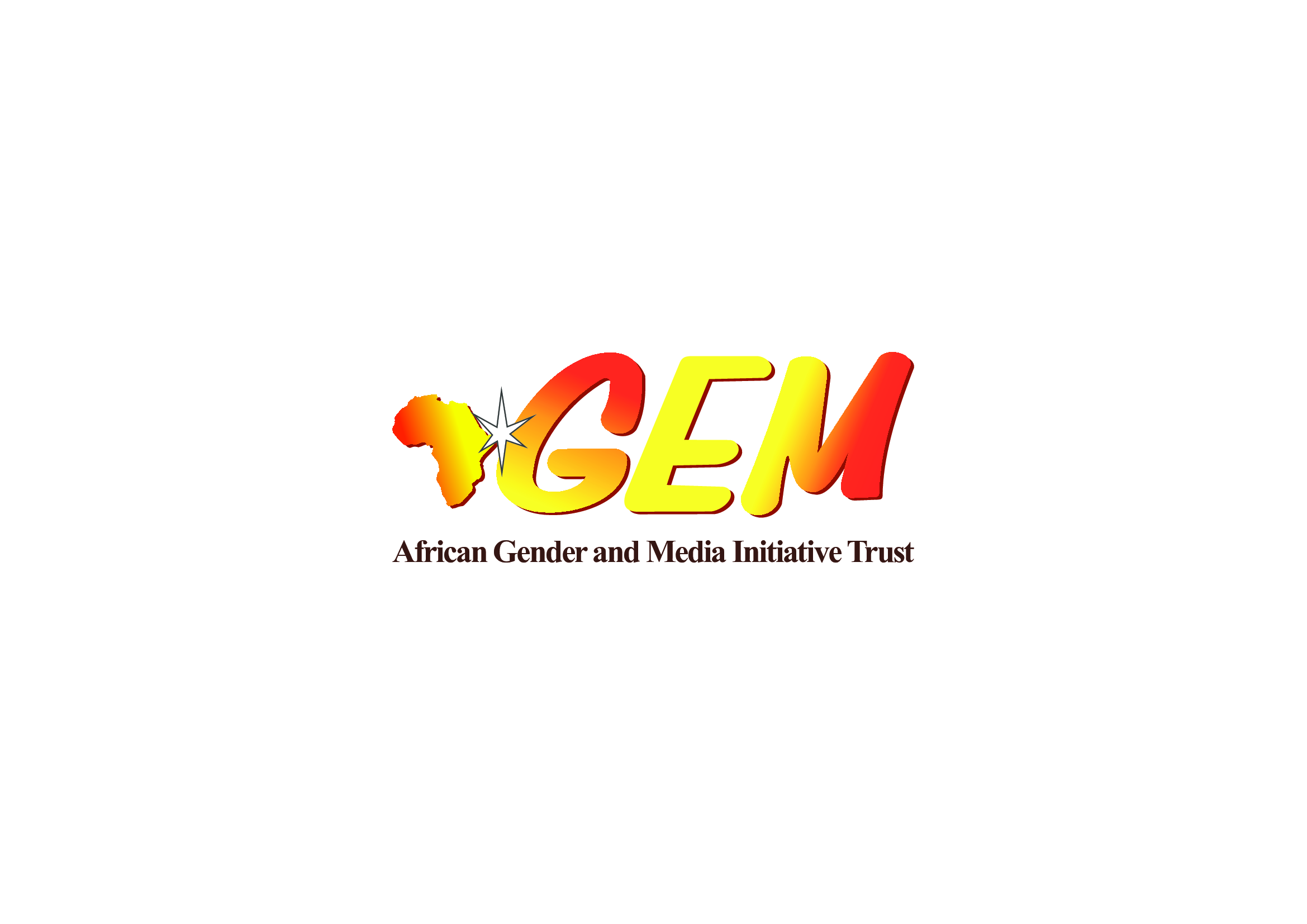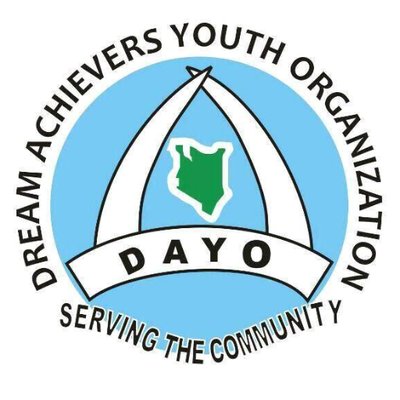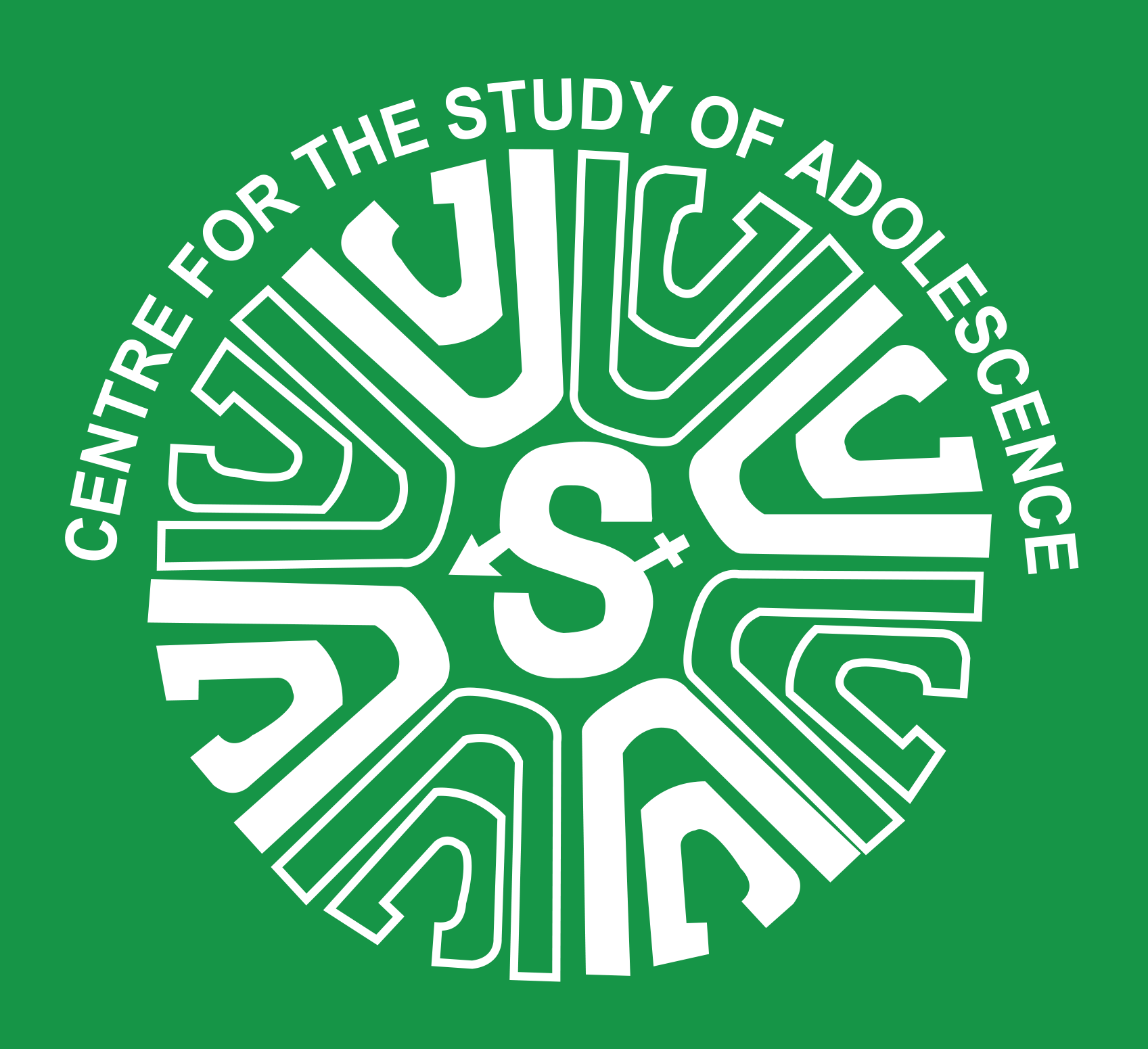×
LIVELIHOODS
Empowering Communities in Informal Settlements for Sustainable Livelihoods
AFOSI’s Livelihoods pillar is dedicated to improving the economic well-being of individuals and families living in informal settlements like Kibera, Korogocho, Mukuru kwa Ruben, and Mukuru kwa Njenga. These communities face significant challenges, including poverty, unemployment, and limited access to resources. Through targeted programs, AFOSI empowers residents with the skills, knowledge, and opportunities needed to build sustainable livelihoods and break the cycle of poverty.
Vocational Training and Skill Development
In informal settlements, many youth and women lack access to formal education and vocational training, limiting their employment opportunities. AFOSI addresses this gap by offering vocational training programs in areas such as tailoring, carpentry, hairdressing, and digital skills. These programs equip participants with marketable skills, enabling them to secure employment or start their own small businesses. By focusing on practical, income-generating skills, AFOSI helps individuals achieve financial independence and contribute to their households’ economic stability.
Entrepreneurship and Microfinance Support
Entrepreneurship is a key driver of economic growth in informal settlements. AFOSI supports aspiring entrepreneurs through training in business management, financial literacy, and access to microfinance opportunities. By providing seed funding and mentorship, AFOSI enables individuals to start or expand small businesses, such as retail shops, food stalls, or artisan crafts. These initiatives not only create jobs but also foster a culture of innovation and self-reliance within the community.
Agricultural Initiatives for Urban Farming
In densely populated slums like Kibera, access to arable land is limited. AFOSI promotes urban farming initiatives, such as sack gardening and vertical farming, to help residents grow their own food and generate income. These projects provide training on sustainable farming practices, water conservation, and crop management. Urban farming not only improves food security but also creates opportunities for residents to sell surplus produce in local markets, enhancing their livelihoods.
Youth Empowerment through Livelihood Programs
Youth in informal settlements often face high unemployment rates and limited opportunities for economic advancement. AFOSI’s youth-focused livelihood programs provide training in areas such as ICT, renewable energy, and construction. These programs are designed to align with market demands, ensuring that young people acquire skills that are relevant and in demand. Additionally, AFOSI connects youth with internships, apprenticeships, and job placement services, helping them transition into the workforce.
Women’s Economic Empowerment
Women in informal settlements often bear the brunt of poverty, with limited access to income-generating opportunities. AFOSI’s women-focused livelihood programs provide training in entrepreneurship, handicrafts, and agribusiness. By empowering women with skills and resources, AFOSI enables them to contribute to their families’ income and gain greater decision-making power within their households. These initiatives also address gender-based barriers, fostering a more inclusive and equitable community.
Impact on Informal Settlements
AFOSI’s Livelihoods programs have a transformative impact on informal settlements like Kibera. By equipping residents with skills, resources, and opportunities, AFOSI helps communities break the cycle of poverty and build a foundation for sustainable development. Through these efforts, AFOSI is creating a future where individuals and families in informal settlements can thrive and achieve their full potential.
